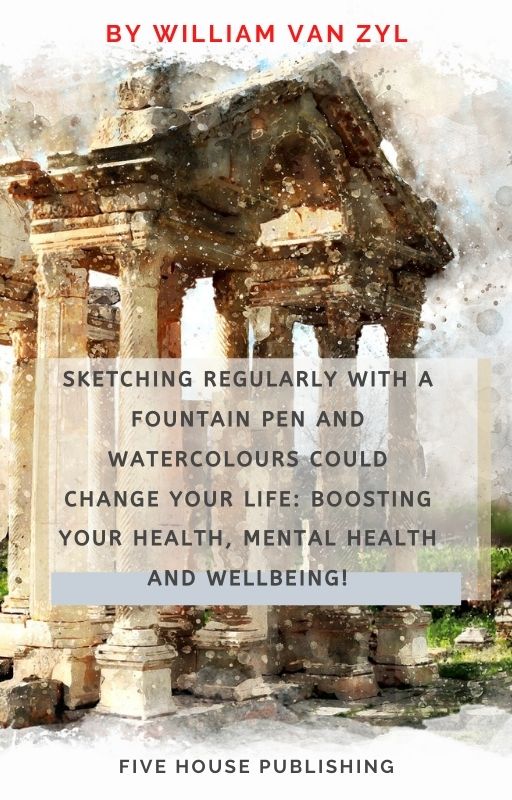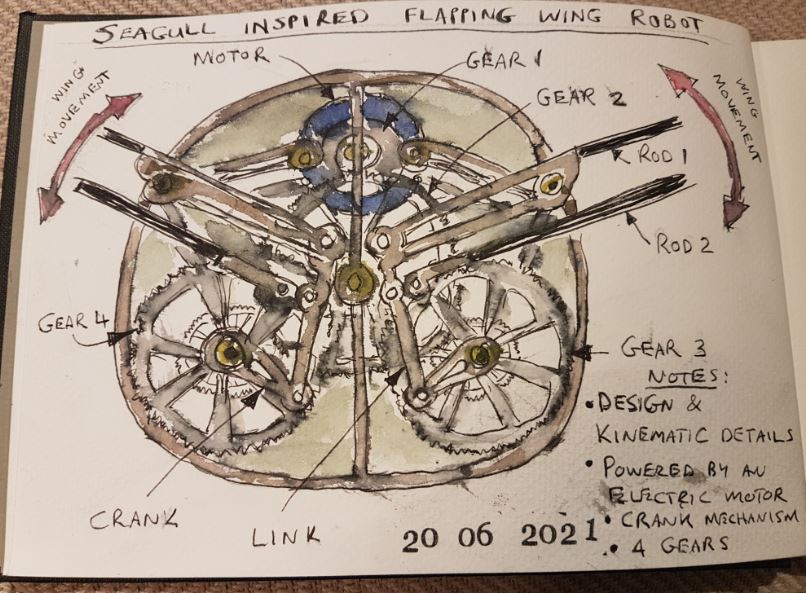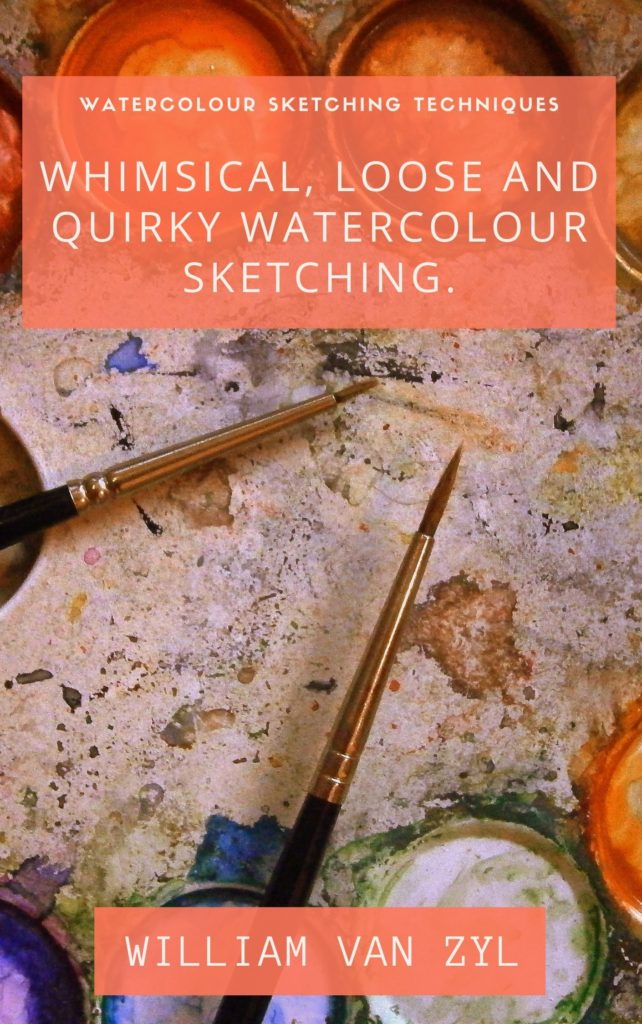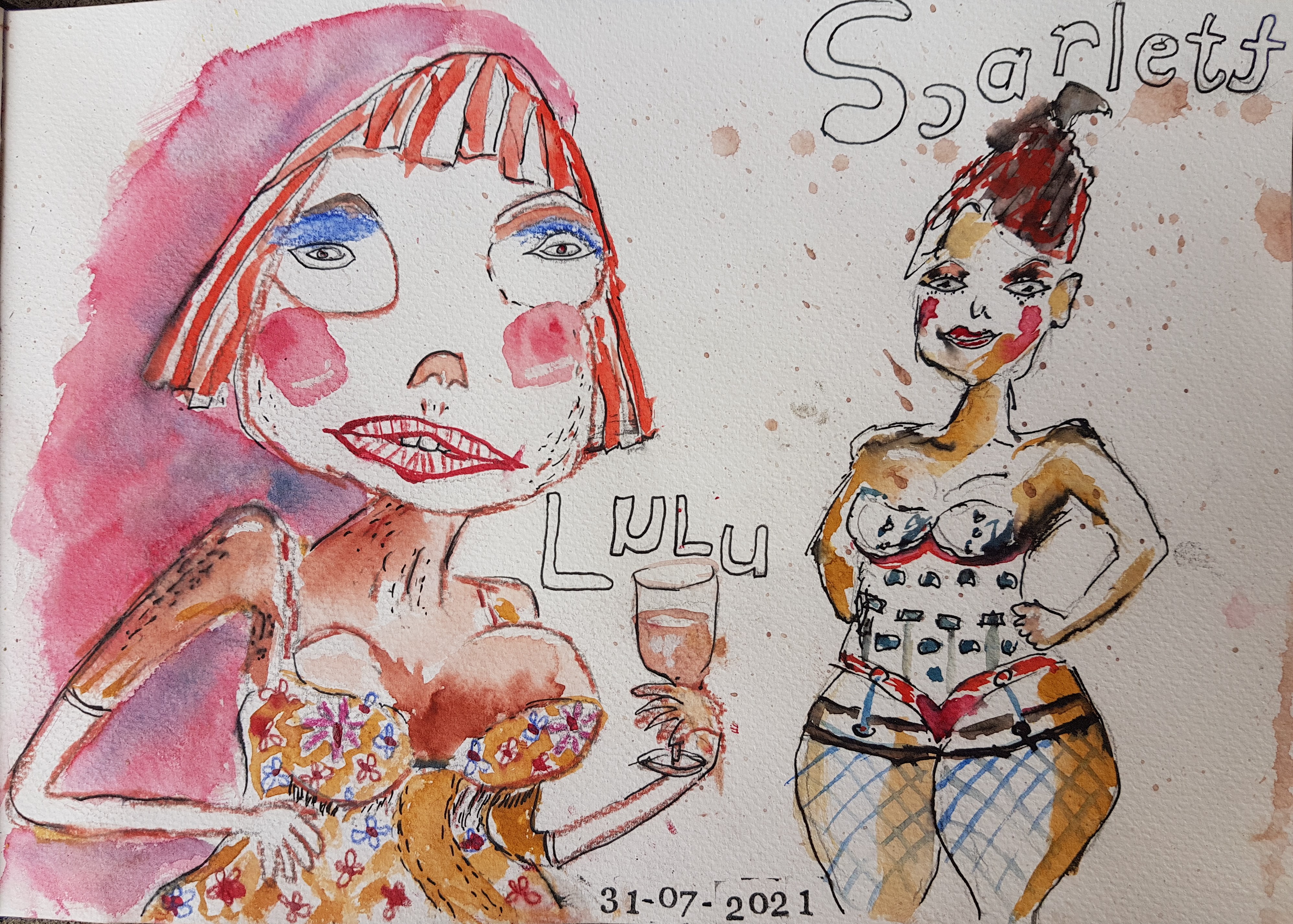
By William Van Zyl (published in December 2021).
Listen to the podcast: https://www.podbean.com/ew/pb-z8md6-1169742
Table of Contents
Answers to the questions and comments from blog readers (Five House Publishing).
I have received many questions from visitors to my website – Five House Publishing. The questions range from: How do I write good blog posts? I want to start blogging; where do I start? I would like to improve my writing and general blogging skills? Any advice?
To provide some advice and ideas on blogging and writing, I have reflected on my own journey over the past 3 to 4 years.
How I started off – publishing most of my academic work.
I started my writing and publishing about 3 years ago. I received a year of study leave, and I had some extra time that year. So, I looked at all my academic work that sat on my computer. I took the first completed assignment and adapted it into an ebook. I used Canva – online graphic design software to produce attractive – front and back covers for my eBooks. I then taught myself to write short, exciting synopsis’ for all the eBooks. Then I published it to D2D platform.
Secondly, as a Design and Visual Communication teacher, I took some of my resources and refined and adapted them into eBooks.
What do you have in your notebooks or on your computer? Take it, edit it, and refine it. Add a well-designed front and back book cover using Canva. Publish. Just start, don’t delay. Within a year, you will look back and see how you have developed as a writer. How do you improve? The answer is writing, publishing, writing, publishing, writing, publishing……..and continuing doing so.
Thirdly, I learned how to write articles.
I spent lots of time reading on how to write great articles. Then, I ventured into article writing. The title is crucial to hook the reader in. You have to be very innovative. Read the titles of famous articles and books. You will eventually catch the technique. I use those techniques in my own writing.
Always have your notebook at hand when reading or watching Television.
Always have a notebook ready when watching Television. When you get a great idea, write it down. It could spark your next short story or article. Mysteries at the museum has amazing ideas and concepts – based on real events.
Fourthly, invest in doing sketches, drawings and quick watercolour paintings.
As a Design and Communication teacher (DVC), I must admit that I have great sketching and drawing skills. However, I had no experience in watercolours – back then. I invested in watching hundreds of videos, and I also purchased a couple of watercolour books (Urban Sketching). The sketchbooks became part of my writing work and articles. I take photos with my phone and upload them to my stories and essays. It adds heaps of value and interest to my published work. I invested in a fountain pen four years ago – I was immediately hooked. I love fountain pens. I have a couple of Lamy fountain pens (German made) and other brands. I use different nibs: from medium to extra fine. You could do ink washes. I love everything quick and easy when I sketch. More about fountain pens below.

Fifthly, read books on writing. Listen to audiobooks on writing.
Find the most popular books on writing: I love Peter Roy Clark (for example, Murder your darlings & Writing Tools)– outstanding!
Also, on editing: Stein On Writing: A Master Editor of Some of the Most Successful Writers of Our Century Shares. His Craft, Techniques, and Strategies (Author – Sol Stein).
Anne Lamott: Bird by Bird: Some instructions on writing and life. A big thank you to these mentioned authors. Your books are invaluable! Excellent, amazing valuable books for writers and editors! There are more great books out there. The key is repetition. You should have these books in hardcopy and read/listen to them repeatedly. I listen to them in my car – Audible App – over and over. They are so rich, you will have to go through them a couple of times – remember to make notes. They are like a course in writing and editing. Worth every dollar!
Here are some more random hints and ideas:
1. Invest in a paid WordPress blog. Sell some of your work – very affordable at 99 cents (Woocommerce). The online selling feature for WordPress.
2. Read a lot and write a lot.
3. Read and listen to influential writers/books (and ebooks – audiobooks – Audible) on writing—for example, Peter Roy Clark, Anne Lamott, Sol Stein, and others.
4. Get a paid version of Grammarly – it provides an instant checker and editor. Invaluable to writers. Very affordable compared to making use of services all the time for your writing. You could consider using a paid service for proofreading and editing. It is quite expensive though. Alternatively, if you have a friend who is good at proofreading, ask him or her to read through your writing. If you are a more experienced writer, definitely make use of the proofreading and editing services. Hint: Once you have completed a project let it ‘rest’ overnight for a day or a week. Then, read through it and do the proofreading and editing.
5. Be bold. Publish your work. Don’t care what others say. Just continue to publish.
6. Don’t expect feedback – readers hardly ever give feedback. Readers don’t care about writers.
7. Believe in yourself – be brave. Why let all your good writing rot on your computer? Publish!
8. Develop your voice. Be you. Be unique. Don’t change for the sake of what others want. Be you! Develop you! Your style and voice should be a reflection of the unique individual you are. Don’t compromise. Develop your writing skills, but don’t change who you are at the core.
9. You have to be strong and courageous – you will have to develop your writing for years before getting results. Most writers do take years to develop. Sorry to reveal that to you. Most writers do so for years before they are recognised. Be in it for the long haul. If you enjoy writing you will continue on the writer’s path.
10. Start a sketch and notebook. Use quality watercolour books like Moleskin, Hahnemuhle, or Fabriano. Learn calligraphy. Purchase a date stamp. It all interests your readers (include your artwork in your published work). See the work of Liz Steel – an excellent architecture sketcher and blogger from Australia (watercolours, ink, watercolour pencils and more). https://www.lizsteel.com/




11. Use descriptive writing prompts – for example, decriptionari.com. https://www.descriptionari.com/. Much of the descriptions are very valuable. Use it – adapt, edit and build on it. Here is an excellent example I used recently: ‘After his death, she did endless pirouettes on his grave. This specific prompt sparked a great short story for me. Link to 2 x very short stories: ‘Outfoxed’ and ‘The Revolving Ballerina.’ Link to the stories – https://fivehousepublishing.com/2021/10/03/out-foxed/
12. Take the ideas and concepts which are on your computer or notebooks – edit & refine them – and then be courageous and publish them.
13. Always have your notebook available. If you read something interesting (e.g. documentary) or see something interesting. Make notes. Jot down ideas that come to mind – those are your new blog posts/stories/ideas. Make quick sketches and diagrams. Take photos with your phone. Later go back and use it as inspiration for your writing.
14. Maybe invest in podcasting? Learn how to produce podcasts. Podcastle AI is an excellent platform (cloud-based – Google Drive) – free and paid version. It will provide additional exposure to your work.
15. Your writing doesn’t have to be perfect. Mine isn’t.
Well, there you have many different things you could consider. Including layers into your published work and writing will provide depth to your blogging and writing career. I will conclude this article here for now. This short article will become an eBook on Writing and Editing in the future. For now, I have kept it short and sweet for all beginner bloggers and prospective writers.
Happy writing, blogging, and publishing!
Greetings
William Van Zyl [Five House Publishing & http://williamvanzyl.com/]